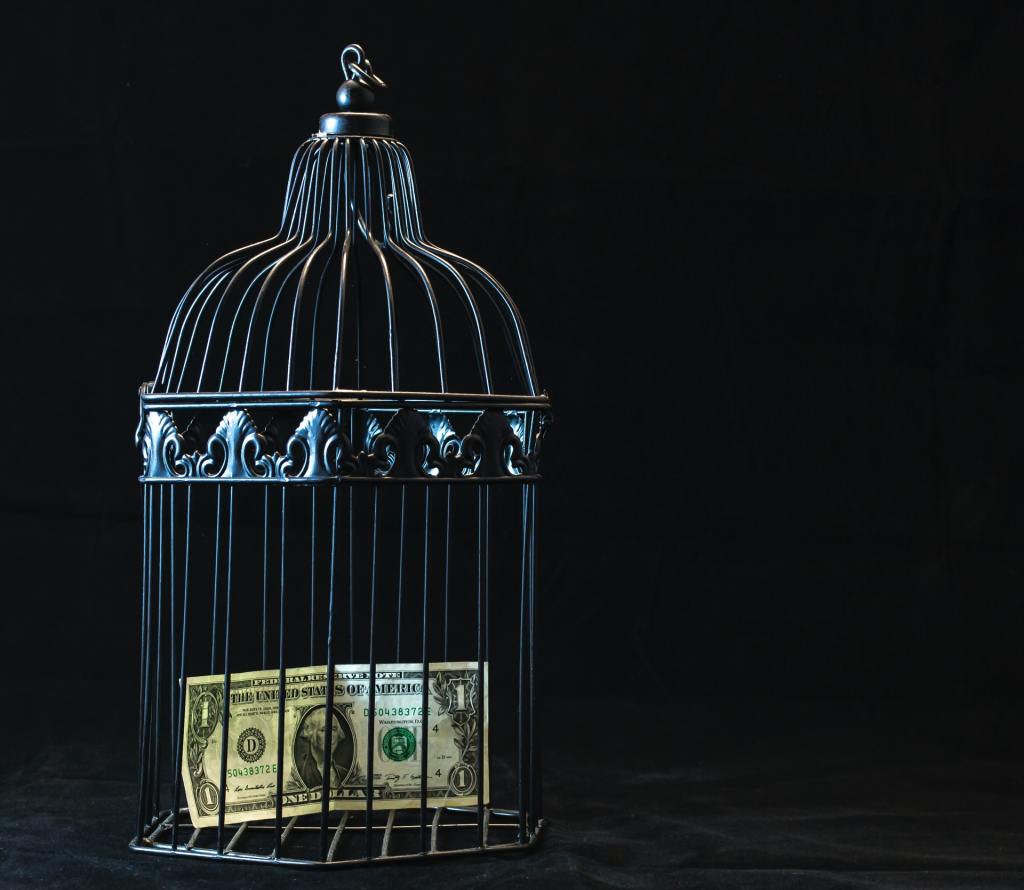Or why it is not a question of yes or no but rather when.
Universal income, as in income for all regardless of employment status or activity, has been a recurrent idea in recent years. In France, Benoit Hamon, the Socialist Party candidate for the 2016 elections based his electoral program on the idea of universal income, along with a few other like legalizing cannabis. He gathered only 6.36% of votes in the first round and retired from politics. For a majority of voters, universal income seemed like a utopia at best given that so few of them voted for him.
But look again.
Since the usher of the industrial age, human held jobs have been replaced through scaling and automation, whether in agriculture, the industry or services. Bank clerks have been replaced by ATMs and ATMs by online transactions and cryptocurrency. Round the corner grocery shops have given way to supermarkets, where cashiers are now being replaced by automatic checkouts, which are fading out in favor of online stores. As a fintech professional, I am well placed to know that it took 50 or 60 people to run an operations department for a medium sized regional bank, the whole of which can now be replicated, streamlined and automated to a very high level in a software platform operated by less than 10 people including support, and I am being conservative. Even machines are being made redundant by technology evolution.
You see where I am going with this?
The human workforce could, and still can for now produce a given value through direct human work and retain part of it as wages. Automation on the other hand, whether through software or robotics can produce tremendously more value on the same tasks through scaling, standardization, speed, reduced error rate and other potentials yet to unravel with the advent of machine learning and artificial intelligence. Some would argue that humans who can no longer compete on the same tasks should benefit from a part of the value produced through automation. Although not specifically aimed at automation, some countries have implemented such safety nets, financed today by tax.
For instance, French workers which are made redundant benefit from a monthly unemployment allocation which amounts to a sizeable percentage of their last wages, and lasts for up to 24 months. If they are still unemployed by that time, they can still benefit from a safety net, the RSA or Revenu de Solidarité Active, which amount to 535 euros for a single person in 2021, plus other benefits on housing, medication, transportation and energy. It does not mean a care free life, far from that, but the mechanism provides shelter, food, warmth, education for kids and sustains parents in search for other means of subsistence. Dignity.
The corner stone of such a mechanism is that people can in most cases find another job or learn a new one. But what will happen when humans can no longer compete with automation on any task? Wat will happen when purely automated corporations will produce tremendous value to their shareholders without any human intervention? When people become redundant in the cycle? The logical solution seems to be that part of this value, equivalent to what would have been a payroll, should be distributed as universal income to the billions of people who are “liberated from the vicissitudes of salaried labor”, or in lay words, made redundant. The safety net of the 21st century would effectively become a universal income for the generations to come.
If we take the reasoning to its logical conclusion and assume that nearly all economic value and innovation are ultimately created by automation (arguably if artificial intelligence and machine learning technologies hold their promises) then the shareholders become the people. All of them. The universal income will then amount to a universal dividend.
Or will it. If humans do not produce economic value, do not produce innovation and only benefit from the value and innovation created by automation, the logical conclusion of the argument is that the world will have become a farm and automation its farmer. Universal income will be a given: feeding the cattle. That is assuming Automation with a capital A is benevolent or whatever is equivalent in the machine readable sense.
But apologies dear reader, I tend to forget myself. This last idea sounded like a T-800 promoting a not so bright future to mankind. Things do not have to be so bleak, and if humans do not produce economic value anymore, they are free to produce other kinds of value, perhaps beyond the reach of automation, and yet to be discovered.
If you ask me, I would bet on the spiritual. Or music. Something not of interest to Automation (with a capital A).
And don’t go reading Answer by Fredric Brown.
Let the board sound
Rabih


















